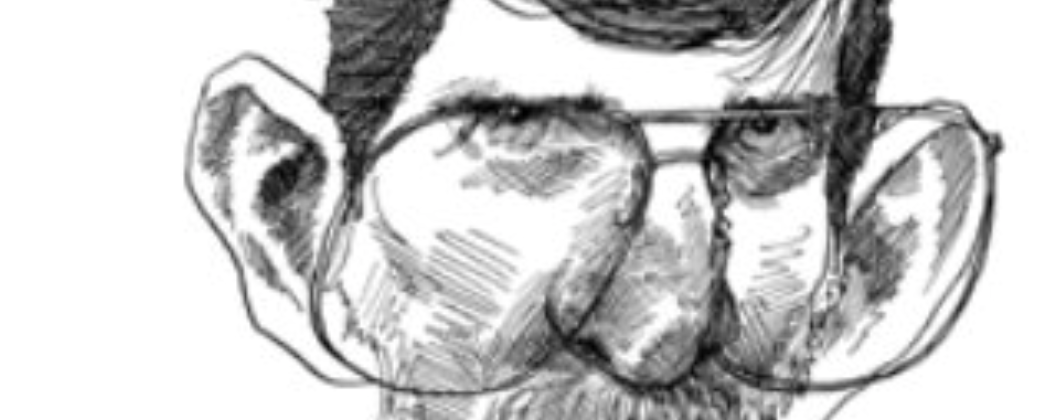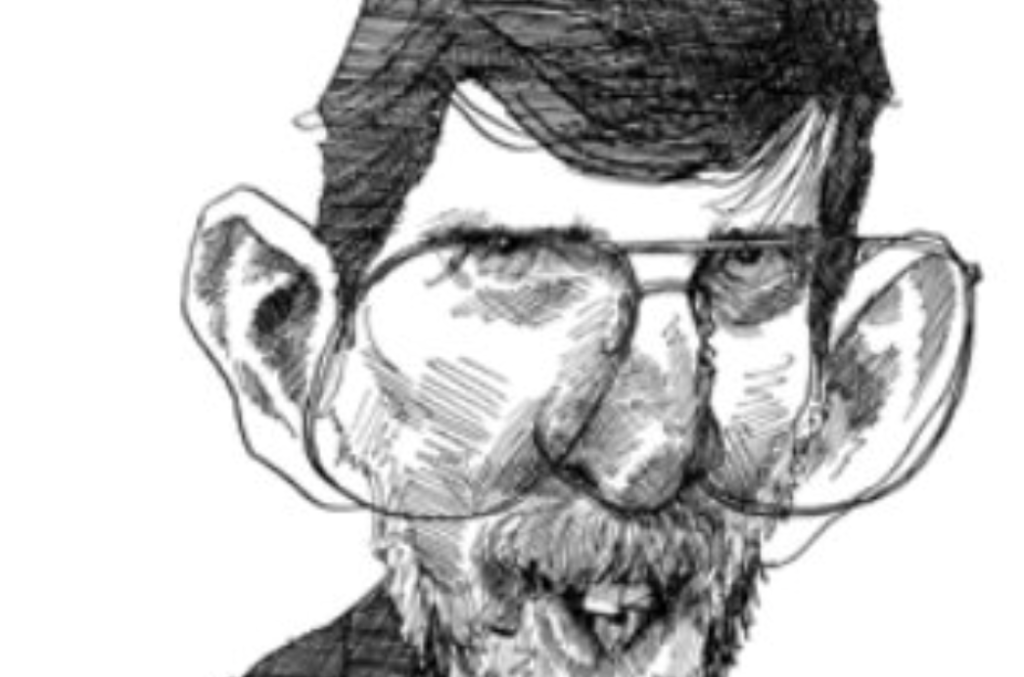

One of the architects of “compassionate conservatism” takes a long look back
In the interview below, Marvin Olasky responds to questions from early readers of his just published memoir: Pivot Points: Adventures on the Road to Christian Contentment, a Memoir. P&R Publishing, 2024. 200 pp., $17.99
How do you define “pivot points”?
Like forks in the road, but we have multiple alternatives, not just two. God throws challenges at us that prompt changes of directions, so we should not fear them. The book title could have been “Long Shots” because I’ve worked on some local church and school causes that succeeded, but some big national ones (reforming journalism, advancing compassionate conservatism) that mostly did not—all part of trying and learning.
What drew you to atheism and communism at Yale?
I became an atheist because the Judaism of my childhood seemed to me like a bagel, with no center except what seemed to me empty rituals. The Vietnam War pushed me towards communism. Underlying those surface reasons was an arrogant belief that I was smarter and more willing than others to do what was necessary to bring about a socialist paradise. As a Christian I have much more respect for Judaism than I did before.
What was it like to bicycle from Boston to Oregon in 1971?
It was hard at first, but after the roller coaster hills of upstate New York, the Rockies weren’t hard, and they are beautiful. Downhills, without braking, were thrilling, and that’s also a metaphor for life. One sidelight: The U.S. didn’t have as much homelessness as it does now, which meant it was fine to camp in a small tent in a city-center park without being run off.
What moved you to consider Christianity?
A Hemingway character explains how he went bankrupt: “Gradually, then suddenly.” I became a Christian the opposite way. In 1973 a radical spiritual experience left me believing in the existence of a God of some kind. I quickly resigned from the Communist Party. For the next three years I was a divided soul, writing a dissertation about the western hero—the man willing to lay down his life in pursuit of justice—but pursuing personal pleasure in a college environment. On my own I couldn’t have brought those two selves together.
Did you decide on a reading program to learn about Christianity?
Hardly. God was in charge. To get a Ph.D. at the University of Michigan I needed a good reading knowledge of a foreign language, and slowly went through a copy of the New Testament in Russian that a friend “just happened” to give me. I also had to teach whatever course was assigned to me. None of the professors wanted to teach early American literature, so that was my assignment, even though I had never studied it. I had to spend a summer immersing myself in Puritan sermons. God’s Word and the words of long-dead preachers gradually affected my thinking.
How did you come up with the concept of compassionate conservatism?
I professed faith in Christ in 1976 and, during the next thirteen years of Bible reading, kept seeing all the passages about caring for the poor. I became a professor at The University of Texas at Austin in 1983 and gained tenure in 1987. That freed me from having to write academic journal articles and provided the opportunity to research whether nineteenth-century Christians, trying to apply what the Bible says about helping the poor, had insights that we, in our more secular culture, have lost. Might it be possible to rally conservatives to stop complaining about welfare spending and come up with an alternative based in biblical compassion, “suffering with” those in need?
How did you get connected to the Bush administration?
Newt Gingrich, who became Speaker of the House of Representatives in 1995, liked The Tragedy of American Compassion, the book I wrote based on that historical research, so I commuted from Austin to Washington for a year of work on welfare reform. Then Governor George W. Bush, who lived a mile away from my university office, had a small political crisis when one of his bureaucrats tried to close down a Christian group, Teen Challenge. I was able to help out a little. We met occasionally after that, and he made “compassionate conservatism” the theme of his presidential campaign.
How did your twenty-nine years as editor and editor-in-chief of World affect your thinking about journalism?
Leading a news magazine forced me to apply what academic research had taught me. Journalists always have to decide what to cover and how to cover it: How do you avoid demonizing those with whom you disagree? Over the years my wife and I trained many young journalists to emphasize street-level reporting over suite-level commentary. One of our slogans was “sensational facts, understated prose.” Don’t scream at readers, even though that might mean more clicks.
How did your column in 2016 that Donald Trump was unfit to be president lead to your resignation?
In 2016, during a long plane flight home from Australia, I had all night to recall how evangelicals in 1998 (and World particularly) declared Bill Clinton unfit to be president after his affair with a White House intern. The new question was whether evangelicals—and World specifically—would look the other way concerning Donald Trump. The other senior staffers and I could not in good conscience do that: Our cover story said he was unfit to be president. We never retracted that, much to the chagrin of some readers and some on the business side of World. God was kind to give us another five years after that.
What did you learn from the unexpected pivots that God has taken you through in recent years?
God is sovereign over all things, so pivot points forced me to trust Him more. Half a century ago I left Marxism and thought the most serious opposition to Christ came from the far left. Recent events have shown the far right is equally dangerous. In body and soul, in life and death, we belong to God, not to ideology and idolatry.
How would you counsel others who are experiencing their own significant pivot points?
Do not fear. Moment by moment we can put ourselves first, or our organization first, or God first, glorifying and enjoying Him as best we can in our fallen ways. The biblical mission is more important than a career or an organization. God gives us adventures, I mess up, He bandages our wounds.
What’s your “retirement” like?
An alternative to playing golf is writing books, so my American history book that came out last month, Moral Vision, and this memoir, Pivot Points, were fun to do. I write for Discovery Institute a weekly column on homelessness and a monthly Olasky Books newsletter, eight essays a year for Acton Institute, a monthly column about Christian books for Religion Unplugged, and occasional short pieces for Current and The Dispatch. Most important, Susan and I are in the forty-eighth year of a great marriage, with four children and six grandchildren, and I’m an elder at Grace and Peace Austin.
Interesting interview. I’d like to get Marvin Olasky and Phillip Yancey into a room and let them talk about faith, family and journalism.